Episode 273: A Tale of Two Floristas in Raleigh, North Carolina: meet Stephanie Hall of Sassafras Fork Farm and Maggie Smith of Pine State Flowers
November 30th, 2016
Podcast: Play in new window | Download
Subscribe: Apple Podcasts | Podcast Index | RSS | More
Before I introduce today’s two guests, I have to share a lovely note that I received this past week from Slow Flowers Canada member and loyal podcast listener, Jessica McEwen at Periwinkle Flowers in Toronto. She wrote:
I just had to send you a quick note – I have just finished reading the blog post about the newest podcast episode on Michael from Summer Dreams Farm. I try to look at the post first, because I actually listen to the interviews while driving out to our local flower growers co-operative just outside Toronto twice weekly and like to have their images in my head to match the voices that I hear.
Thank you for sharing these wonderful people with us, and to address what you say towards the end of your blog post- never doubt that what you do is important! Sharing people’s stories, asking the questions and letting us peek behind the curtain of social media is a true gift from you to all of us in this crazy flower world.
You make me feel a part of a much larger network of people who care about the things that I do: That flowers be bought from growers who love what they do, at a fair price, and be valued at all steps along the way. And, that small business owners and creative entrepreneurs who, let’s face it, are definitely NOT in it for the money, (but) are in it because we can’t help but be consumed by the amazing world of flowers and the joy that they bring to the world, are also valued.
Thank you, thank you, thank you, Debra- you truly make my world a brighter and happier place, Jessica.
Thank you, Jessica. I needed to hear that this week, and I appreciate you agreeing to let me share your note here.
You may recall my recent episode featuring Jonathan and Megan Leiss of Spring Forth Farm in Hurdle Mills, North Carolina outside of Raleigh-Durham. I spent a few wonderful days in their community in September, which included a fun Slow Flowers Meet-Up on the Leiss farm and a hands-on Slow Flowers Creative Workshop at Maggie Smith’s Pine State Flowers in Durham. I met so many passionate and inspiring women and men on this trip, people who came together from four southern states, each of whom is changing the conversation around local flowers in their own markets.
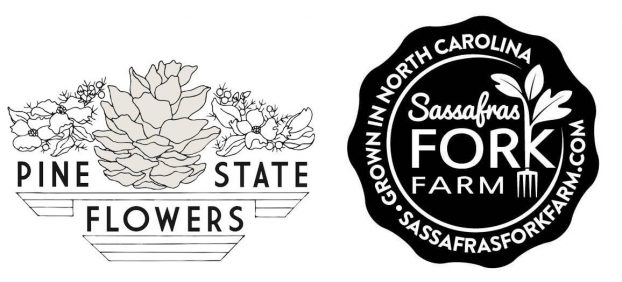 It’s been an honor to share their stories with you. Now, I want to include two additional interviews I recorded on that trip. You’ll hear from a floral designer who grows flowers and a flower farmer who also designs, both of whom care deeply about disrupting the conventional floral industry model.
It’s been an honor to share their stories with you. Now, I want to include two additional interviews I recorded on that trip. You’ll hear from a floral designer who grows flowers and a flower farmer who also designs, both of whom care deeply about disrupting the conventional floral industry model.
The first is Maggie Smith, who, as I mentioned earlier, served as host for the Slow Flowers Creative Workshop. Maggie owns Pine State Flowers, a charming retail flower shop in Durham. Our second guest is Stephanie Hall of Sassafras Fork Farm, one of the many farms that provides local botanicals to Pine State Flowers. I’ll first introduce Maggie; you’ll meet Stephanie in part two of this episode. A special thanks to Jonathan Leiss for helping me facilitate both interviews.
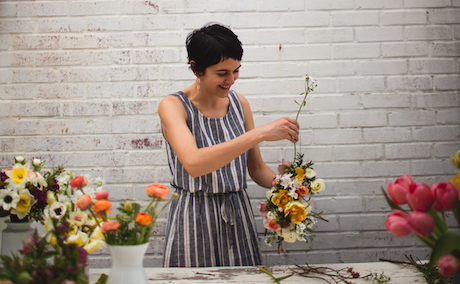
Maggie Smith, at work inside Pine State Flowers, her old-new flower shop. (c) Samantha Leonetti photo
Maggie is an East Tennessee native who moved to Durham in 2009 to attend the Center for Documentary Studies. Being familiar with the local farming community, she knew plenty of flower farmers in the area but realized there were no florists sourcing 100% locally grown flowers.
The creation of Pine State Flowers came out of opportunity. She knew there was demand and interest for locally-grown flowers in her community at the same time that the historic Roll’s Florist building became available for lease.
So with only a good idea, a little savings, and no background in the floral industry, Maggie reopened Roll’s Florist as a flower shop and started a small flower farm on the adjacent land.
The main goals of Pine State Flowers are to support local flower farmers and nurture good land stewardship, connect consumers with locally grown flowers, and create a neighborhood space.
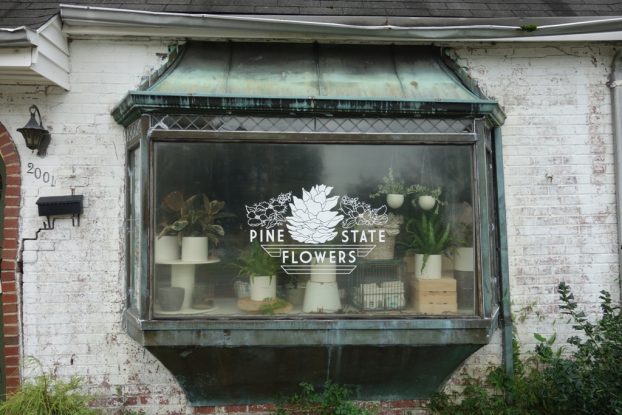
The 1930s building that was built to house Roll’s Florist, is now home to Pine State Flowers, complete with the original copper-framed bay window
Pine State Flowers only sources sustainably-produced flowers grown in America—no chemicals, no imports—and customers know their money stays in the local economy.
More than 95% of the flowers used at Pine State Flowers are grown in North Carolina. In fact, Maggie features 16 local flower farms on her web site. She doesn’t “hide” her sources; rather, she is 100% transparent about her sources – I applaud that practice.
Entering the historic Roll’s Florist shop, now called Pine State Flowers, is like stepping back in time.
As Maggie writes on the Pine State Flowers web site, the business is rooted in the history of one of the largest floral suppliers in the Southeast, and is now a small independent shop sourcing flowers locally.
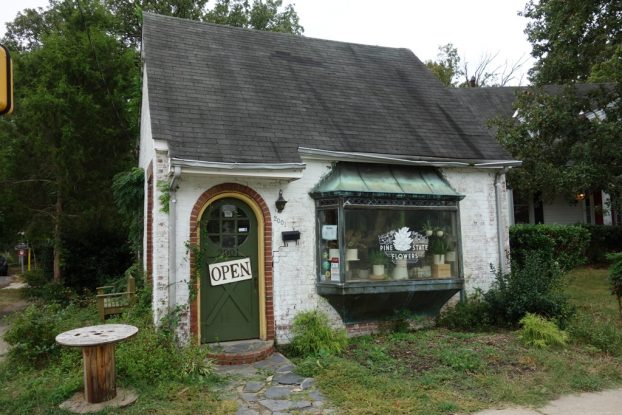 This legacy symbolizes the American flower movement over the past 115 years. Having emigrated from Germany, Mr. Roll became a florist for the legendary Duke family, and later established his own business in 1899.
This legacy symbolizes the American flower movement over the past 115 years. Having emigrated from Germany, Mr. Roll became a florist for the legendary Duke family, and later established his own business in 1899.
The original Roll’s Florist included 7 acres of botanical gardens, a flower nursery, and 5 glass greenhouses (the last one was torn down a few years ago). Maggie has saved and is preserving some elements and materials from the original flower shop, including light fixtures in the front room, the wooden walk-in cooler, the copper framed front window, rounded front door, and several receipt books dating back to 1920.
Pine State Flowers is North Carolina’s first exclusively local flower shop. Maggie believes that using local flowers strengthens the local economy, supports small farms using organic growing practices, and reduces waste. Pine State Flowers has received local recognition from Indy Best of the Triangle for 2015 and 2016.
Meet Maggie and follow her at these social places:
Pine State Flowers on Facebook
Pine State Flowers on Instagram
Now, may I introduce Stephanie Hall. She and I first met in 2012 at the ASCFG conference in Tacoma, Washington, when I spoke on the creation of The 50 Mile Bouquet.
We had a chance to reunite on my visit to Rougemont, N.C., where Stephanie farms with her husband Mike Nöel and parents Kathleen and J. Ed Hall. Their farm is known for its beautiful flowers, but also for the produce and pastured meat and eggs offered to locals at area Farmers’ Markets.
Sassafras Fork Farm, 150 acres, was purchased by Stephanie’s parents in 2000, mostly as a place for her father to hunt. J.Ed. has long been an academic, described on Sassafras Fork Farm’s web site as the soul of the farm. Although reared on his family’s small dairy farm in Louisiana, J. Ed. thought he had escaped farm life to spend 30 years teaching and doing research at University of North Carolina.
He’s surprised, but deeply contented, with a return to his roots, tending the pastures, fields and forests full-time. His respect for and connection to this piece of land and his astute eyes, ears, and passion for his natural surroundings are qualities that intuitively guide Sassafras Fork Farm.
Mom Kathleen continues to work “off farm” as a Delta Airlines flight attendant. She is the positive, spirited backbone of the farm & family. Passengers heading to all destinations of the world have experienced her friendly, feisty personality on their weekly flights, ever since 1969. When her feet are on the ground, Kathleen fully embraces farm life, nurturing baby animals, tending her flower beds and quickly taking on the role of farm tour guide.
Mike, Stephanie’s partner and husband Mike muscled his way quickly into farm life. The two fell in love on the farm, got engaged on the farm, and were married on the farm in 2014, their ceremony marking the beginning of Sassafras Fork Events. Master of Carpentry & Director of Tools and Equipment, Mike is the top salesman at the Saturday Farmers’ Market; he delivers produce and flowers during the week, and all of this while also working full-time on his new business advancing environmentally innovative manufacturing startups.
Stephanie was drawn to the family land after studying food systems and traveling and living on the west coast. Together, she and her father studied sustainable agriculture at a local community college, and they were inspired to respect their land in a new way by farming it.
Later, Stephanie worked on a few farms and studied at the Center for Agroecology and Sustainable Food Systems at UC Santa Cruz, before returning to Sassafras Fork Farm to co-farm with J.Ed.
Cut flowers now enhance orchard fruit, veggies, cattle, sheep and chickens. She says:
“I guess after the soul, backbone, and muscle are formed, the farm needs a heart. My heart has always been a seeker of beauty and passion–a constant in a quest to figure out my place in the world. I have a life full of amazing people, extraordinary places and magical moments all steering me to Sassafras Fork. It is here that I feel solidly rooted, despite my intrinsic wanderlust longings. With roots comes a solid foundation and radiant outbursts of growth. I revel in the sudden eruption of green after a seed has been planted, the steam twirling off an active compost heap, the beauty of dirty fingernails and soil-stained jeans, the exuberant hop of little lambs as they show their infant vitality, but most of all, the exaltation of a flower in bloom.”
Find and follow Sassafras Fork Farm at these social places:
Sassafras Fork Farm on Facebook
Sassafras Fork Farm on Instagram
Sassafras Fork Farm, Stephanie & Mike’s wedding in the pages of Martha Stewart Weddings
Join me for Winter Solstice, December 21st
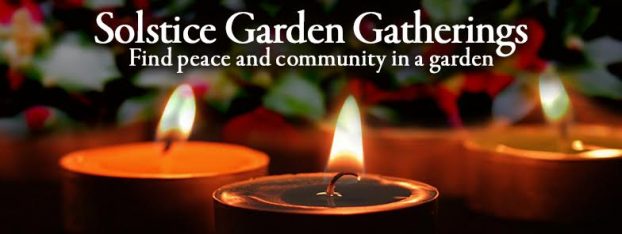 I believe all creatives want to make a difference in their community, and to that end, may I share an opportunity that my Seattle friend Sue Nevler has suggested?
I believe all creatives want to make a difference in their community, and to that end, may I share an opportunity that my Seattle friend Sue Nevler has suggested?
She is proposing that gardeners, ecologists, naturalists, flower farmers and anyone engaged with the environment schedule, host or take part in a Winter Solstice Garden Gathering. Sue sent this note to her community last week:
Dear Garden Friends,
I am asking gardens to join together on Dec. 21st, the Winter Solstice, to invite people to bring a light and enjoy the company of others in a favorite beautiful lighted night garden.
Solstice is a very old tradition, and people are looking for community and connections at this time. This is not a protest, but a coming together, a chance for unity, camaraderie, savoring the calm, serenity and beauty that our gardens provide.
As past director of the Dunn Gardens in Seattle, I began a Solstice Stroll there. It was a simple, quiet, beautiful winter night’s event. Friends gathered around a bonfire, hold a candle, savor garden shadows and dark sky.
This year, I’m gathering with many sister gardens in the Pacific Northwest and beyond. All have shown interest and enthusiasm. I was inspired to think about a much larger Winter Solstice Garden Gathering after reading a message that The American Public Gardens Association sent to members on November 14, 2016.
“At this moment, the world needs public gardens more than ever. Everyone needs to disconnect from the stress and loss; then find, themselves in our gardens. Whether they are naturally preserved and conserved or deliberately designed to evoke awe and emotion, gardens are where we can all intersect.”
As Sue encourages garden communities, and I’d like to encourage floral/flower farming communities, to incorporate gatherings as appropriate to your part of the country.Sue suggests that we find inspiration from Eric Lui, who cowrote “Gardens of Democracy” in 2011: He wrote, “To be a gardener is not to let nature take its course; it is to tend.” And clearly, those of us in the Slow Flowers Movement know that “to be a flower farmer is not to let nature take its course, but it is to tend.”
Tend to your corner of the world, in a garden or on a flower farm, and participate in this simple practice of unity, community, and humanity on Dec. 21st, the Winter Solstice. Together, may we illuminate and nurture our floral communities.
Thanks for joining today’s conversation!
 The Slow Flowers Podcast has been downloaded more than 135,000 times by listeners like you. THANK YOU to each one of you for downloading, listening, commenting and sharing. It means so much.
The Slow Flowers Podcast has been downloaded more than 135,000 times by listeners like you. THANK YOU to each one of you for downloading, listening, commenting and sharing. It means so much.
If you value the content you receive each week, I invite you to show your thanks and support the Slow Flowers Podcast with a donation — the button can be found on our home page in the right column. Your contributions will help make it possible to transcribe future episodes of the Podcast.
Thank you to our lead sponsor for 2016: Certified American Grown Flowers. The Certified American-Grown program and label provide a guarantee for designers and consumers on the source of their flowers. Take pride in your flowers and buy with confidence, ask for Certified American Grown Flowers. To learn more visit americangrownflowers.org.
More sponsor thanks goes to Syndicate Sales, an American manufacturer of vases and accessories for the professional florist. Look for the American Flag Icon to find Syndicate’s USA-made products and join the Syndicate Stars loyalty program at syndicatesales.com.
A big bouquet of thanks goes to Longfield Gardens… providing home gardeners with high quality flower bulbs and perennials. Their online store offers plants for every region and every season, from tulips and daffodils to dahlias, caladiums and amaryllis. Visit them at lfgardens.com.
A fond thank you Arctic Alaska Peonies, a cooperative of 50 family farms in the heart of Alaska providing high quality, American Grown peony flowers during the months of July and August. Visit them today at arcticalaskapeonies.com
And finally, thank you Association of Specialty Cut Flower Growers. Formed in 1988, ASCFG was created to educate, unite, and support commercial cut flower growers. It mission is to help growers produce high-quality floral material, and to foster and promote the local availability of that product. Learn more at ascfg.org
I’m Debra Prinzing, host and producer of the Slow Flowers Podcast. Next week, you’re invited to join me in putting more American grown flowers on the table, one vase at a time. And If you like what you hear, please consider logging onto Itunes and posting a listener review.
The content and opinions expressed here are either mine alone or those of my guests alone, independent of any podcast sponsor or other person, company or organization.
The Slow Flowers Podcast is engineered and edited by Andrew and Hannah Brenlan. Learn more about their work at shellandtree.com.









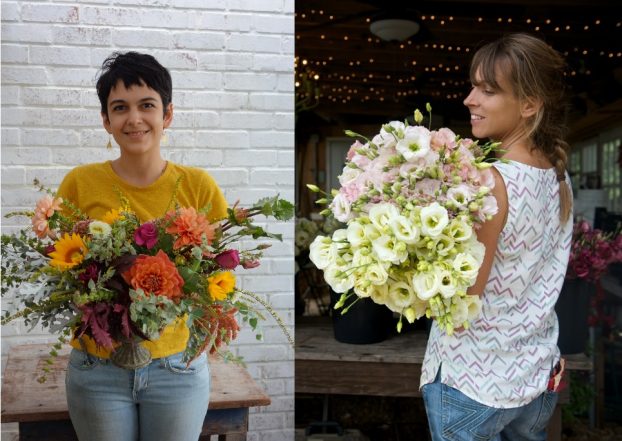
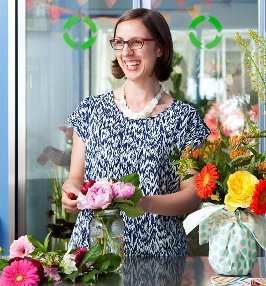
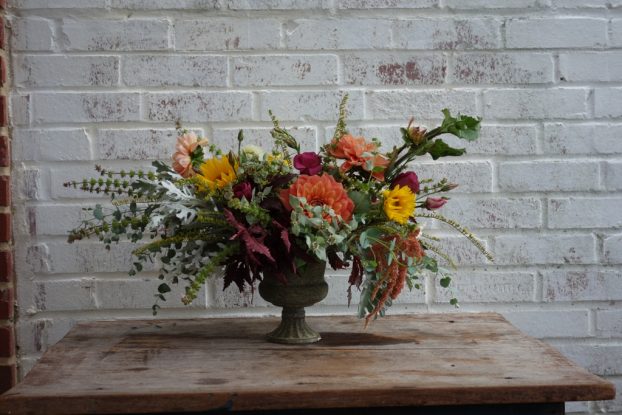
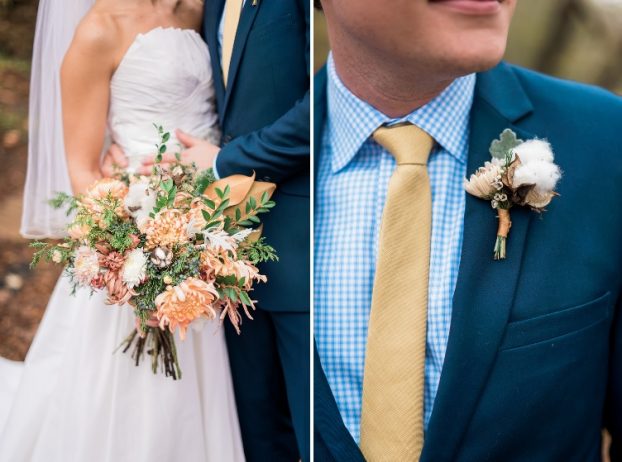
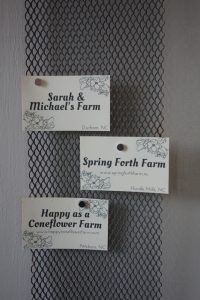
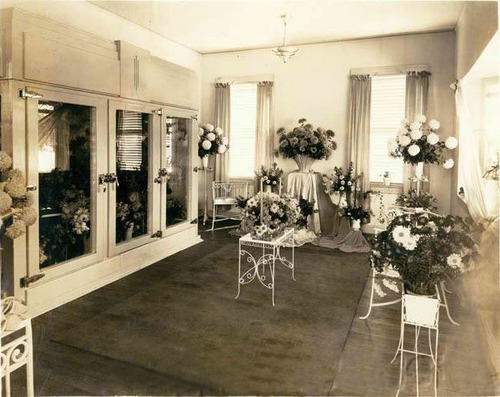
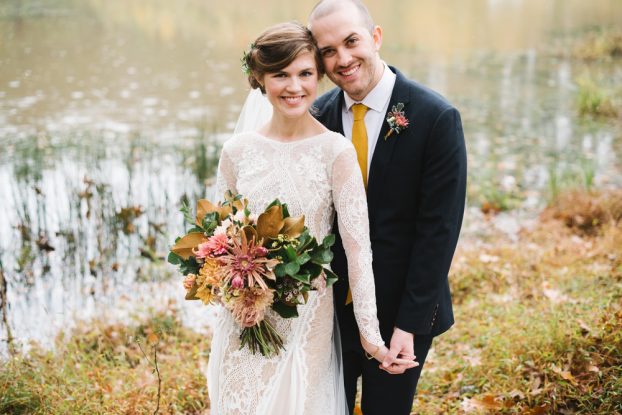
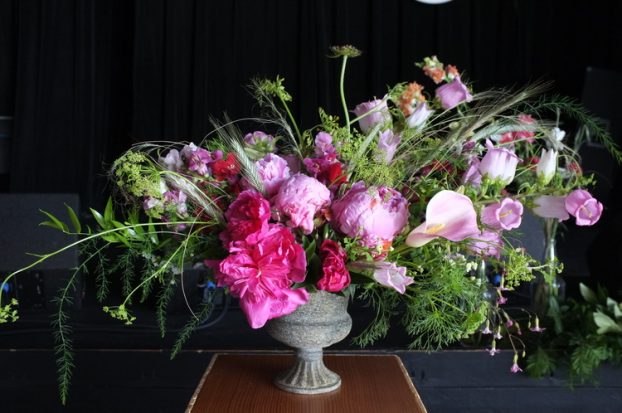
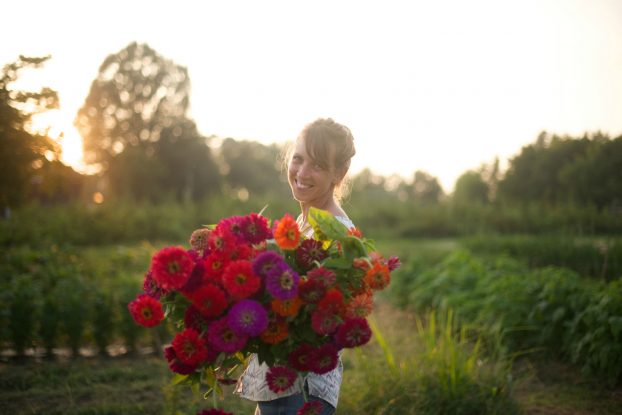
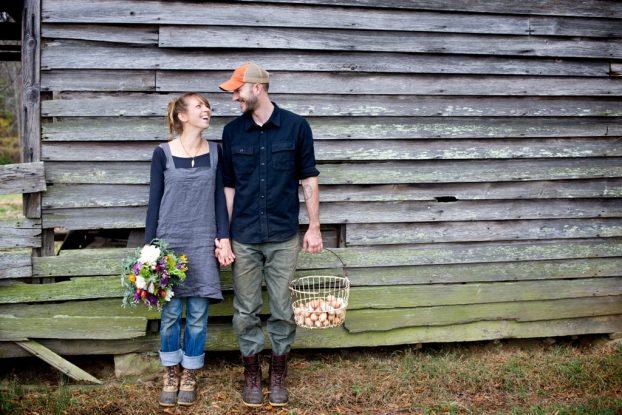
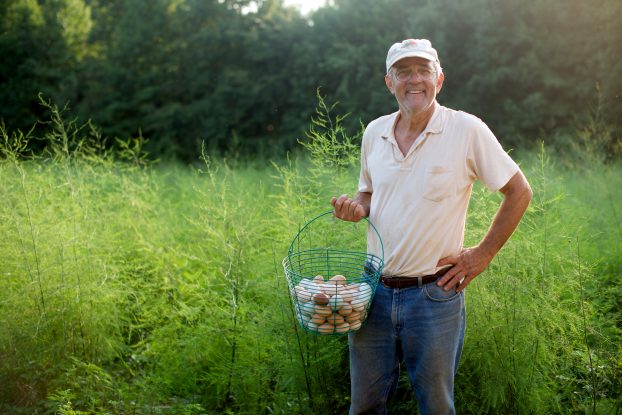
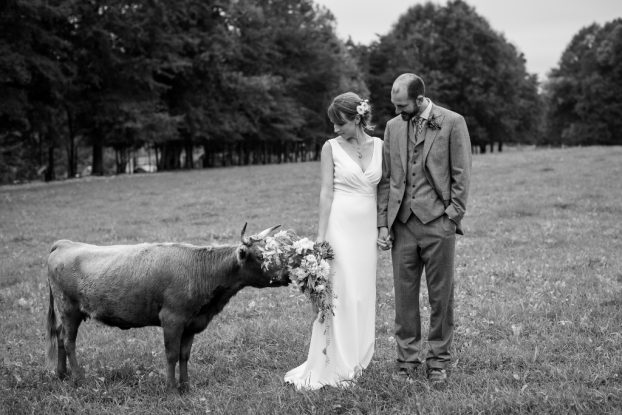
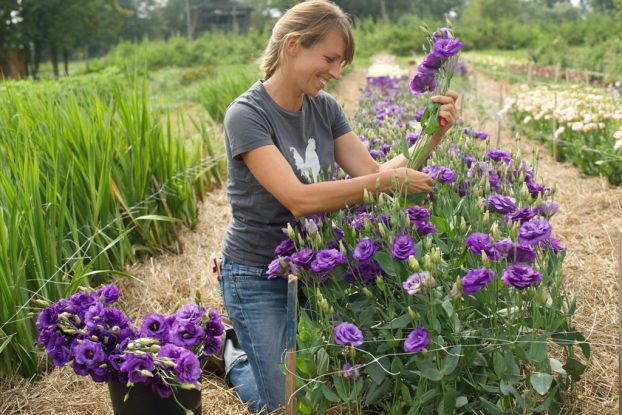
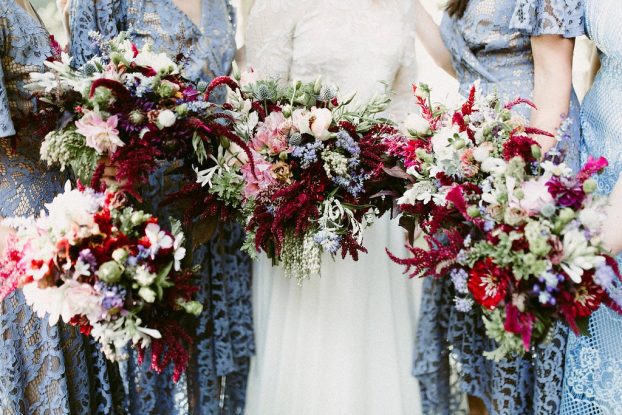
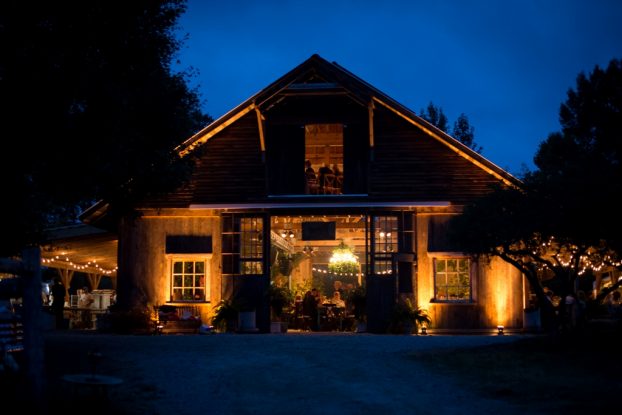
August 28th, 2019 at 8:13 am
[…] Stephanie Hall of Sassafras Fork Farm and Maggie Smith of Pine State Flowers, Episode 273 […]